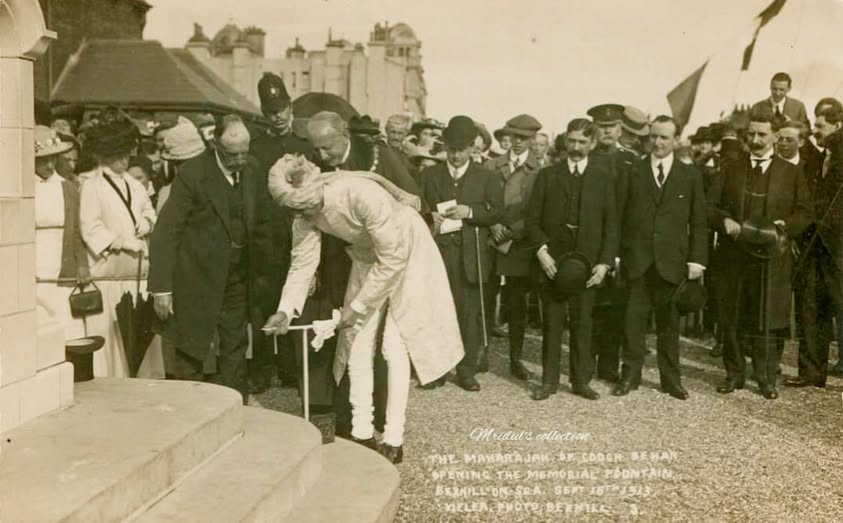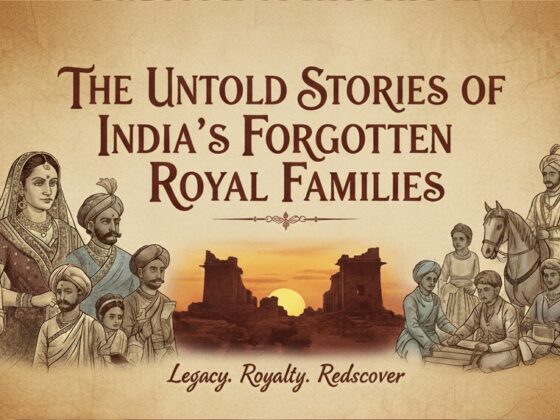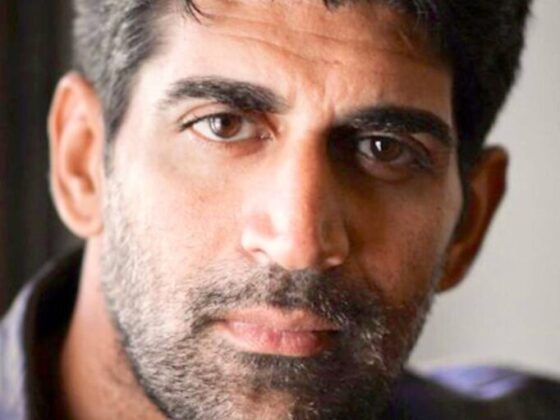Maharaja Jitendra Narayan Bhup of Cooch Behar

The princely state of Cooch Behar, located in present-day West Bengal, has a rich history of enlightened rulers. Among them, Maharaja Jitendra Narayan Bhup (1886-1922) stands out as a progressive monarch who played a crucial role in shaping the destiny of his kingdom. His reign was marked by modernization, economic development, social reforms, and a deep commitment to preserving cultural heritage.
Early Life and Ascension to the Throne
Born in 1886 into the esteemed Narayan dynasty, Maharaja Jitendra Narayan was the son of Maharaja Nripendra Narayan and Maharani Suniti Devi. He received an education that blended both Indian traditions and Western values, enabling him to rule with a progressive outlook. After the untimely demise of his father in 1911, he ascended the throne and took on the responsibilities of the state at a young age.
Modernization and Administrative Reforms
One of Maharaja Jitendra Narayan’s significant contributions was his emphasis on modernization. Understanding the importance of infrastructure, he implemented several developmental projects, including roads, railways, and communication networks. His administration focused on streamlining governance, improving law and order, and ensuring justice for all citizens.
He also introduced tax reforms that reduced the burden on farmers and small traders, helping to create a more balanced economic structure. His foresight in governance earned him the reputation of being a progressive and just ruler.
Education and Social Reforms
Maharaja Jitendra Narayan placed immense importance on education, recognizing it as a key driver of progress. He established several schools and colleges to provide quality education to people from all sections of society. Special emphasis was placed on women’s education, a visionary approach at a time when female literacy rates were low in India.
His efforts extended to healthcare, where he promoted modern medical practices and established hospitals and dispensaries. His administration actively worked towards eradicating epidemics and improving overall public health.
Advocacy for Women’s Rights and Social Upliftment
Unlike many rulers of his time, Maharaja Jitendra Narayan was a strong advocate for women’s rights. Inspired by the teachings of his mother, Maharani Suniti Devi, he supported reforms that aimed at abolishing child marriage and promoting widow remarriage. His progressive stance helped set the foundation for greater gender equality in the region.
In addition, he championed the upliftment of marginalized communities by providing them with opportunities for education and employment. His reign witnessed a significant reduction in caste-based discrimination, fostering a more inclusive society.
Cultural Contributions and Architectural Marvels
Maharaja Jitendra Narayan was also a patron of arts and culture. He encouraged local artisans and musicians, ensuring that the rich cultural heritage of Cooch Behar thrived under his reign. His court was a hub for poets, scholars, and artists, contributing to a flourishing artistic environment.
One of the most iconic landmarks associated with his family is the Cooch Behar Palace. Built during his father’s reign, Maharaja Jitendra Narayan took great care in maintaining and enhancing this architectural masterpiece. The palace, inspired by European styles, remains one of the most exquisite heritage sites in India today.
Relationship with the British Government
As the ruler of a princely state under British India, Maharaja Jitendra Narayan maintained cordial relations with the British administration. His ability to negotiate diplomatic ties ensured that Cooch Behar retained its semi-autonomous status while benefiting from British advancements in administration and infrastructure.
However, he was also aware of India’s growing nationalist movement and worked to balance his obligations to the British while ensuring the welfare of his people. His governance reflected a mix of loyalty to the empire and an unwavering commitment to his subjects.
Personal Life and Legacy
Maharaja Jitendra Narayan was married to Maharani Indira Devi, a princess from the Gaekwad dynasty of Baroda. Their union symbolized the merging of two influential royal lineages, further strengthening ties between princely states.
Despite his relatively short life—he passed away in 1922 at the age of 36—his impact on Cooch Behar was profound. His reforms laid the groundwork for the state’s continued development, and his progressive policies influenced future generations.
The Enduring Influence of Maharaja Jitendra Narayan
Even today, Maharaja Jitendra Narayan Bhup’s legacy remains significant in the history of Cooch Behar. His contributions to education, social reform, infrastructure, and cultural preservation continue to inspire historians and heritage enthusiasts. The advancements he made during his reign helped shape modern Cooch Behar into a well-developed region that values both tradition and progress.
His vision of a just, progressive, and inclusive society serves as a reminder of what enlightened leadership can achieve. Though time has passed, the mark he left on Cooch Behar remains indelible, ensuring that his name lives on in the annals of Indian history.
Conclusion
Maharaja Jitendra Narayan Bhup of Cooch Behar was not just a ruler but a visionary leader dedicated to the welfare of his people. His forward-thinking reforms, passion for cultural preservation, and commitment to social justice set him apart from many rulers of his time. As India continues to honor its royal past, his contributions remain a shining example of how leadership, when rooted in progress and inclusivity, can create a lasting impact.
His legacy is a testament to the enduring power of good governance and cultural enlightenment, ensuring that the story of Cooch Behar’s golden era is never forgotten.








